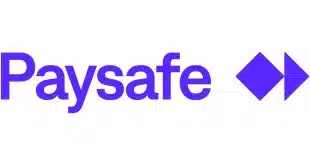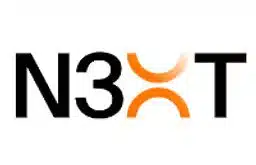Visa Inc.’s announcement Friday that it will make signature authentication optional for EMV contact and contactless transactions in North America starting in April might provide another boost for merchants who have yet to adopt chip-card acceptance, suggests an analyst.
Signatures remain a requirement for Visa magnetic stripe-based transactions not subject to existing no-signature policies for low-value transactions.
Visa’s move, joining that of Mastercard Inc., Discover Financial Services, and American Express Co., which earlier also said they will make signatures optional with an April rule change, “is an expected move by the card network leader,” says Michael Moeser, director of the payments practice at Javelin Strategy and Research, a Pleasanton, Calif.-based advisory firm.

EMV, according to Visa’s data, has been successful at reducing counterfeit card fraud at the point of sale. In less than two years since the U.S. liability shift for EMV chip acceptance launched, fraud declined 66% at EMV chip-enabled merchants, the card brand says. More than 460 million Visa-branded EMV chip cards have been issued.
Exactly how merchants will react is unknown, but a retailer trade organization, the Merchant Advisory Group, welcomes Visa’s decision. “Short answer yes; we expect merchants will make the necessary changes,” Laura Townsend, MAG senior vice president of operations, says in an email to Digital Transactions News. “We expect many merchants will be able to quickly react to this change depending on their terminal/POS software solution which may already be configured to manage the experience by network brand differently,” she says. “However, other merchants will need to take time to work with their internal IT teams and third party partners to develop and deploy software along with operational changes.”
Merchants may be challenged by managing the queue of technology changes they contend with, Townsend says, but eliminating the signature requirement may be worth it. “…Something like this change can offer an improved customer experience and streamline checkout improving speed of service, all of which are high priorities for many retailers.” In October, at the time of Mastercard’s announcement, Wal-Mart Stores Inc. praised the decision.
Other merchants may like the move, too. “It will be well-received by merchants, since it simplifies the payments process and reduces friction, but it will take awhile for systems to be adjusted and team members re-trained,” says Thad Peterson, senior analyst at Aite Group LLC, a Boston-based firm. “For customers, I don’t think it will dramatically increase spend. Instead they may just be saying ‘It’s about time.’”






